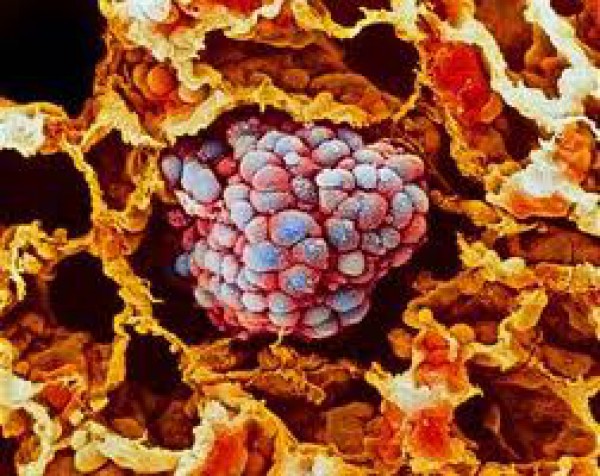Blood-Based tests for Cancer are a Long Way Off

April 7, 2014
Cancer therapy is often a hopeless war against insurmountable odds, in which radiation and chemotherapy are applied to tumors that have spread widely from their point of origin, and are untreatable. Patients arrive at this point because early cancers are undetectable, and by the time they are clinically manifested they are past the point of successful intervention. If low-cost, non-invasive tests for early cancers existed, survival rates would top 95%.
Among the many tests for early cancer that have been reported in the media recently, a test that detects tiny amounts of DNA in the blood of lung cancer patients stands out. Developed by Dr. Maximilian Diehn and his colleagues at Stanford School of Medicine, the study was reported in Nature Medicine, and involved heavy smokers that are at very high risk for lung cancer. The authors claim that the test detects cancers about 50% of the time. The rate of false negatives is not given, and would require a very long time frame, given that a slow growing tumor could take years to reach clinical detectability.
While these and many other recent reports are encouraging, we still are a long ways from a safe, simple and effective early test for cancer. Given the controversy which never seems to resolve concerning the PSA test, there is no chance that another blood-based test for a cancer marker will enjoy an easy road to FDA approval. Since the only currently available tests for lung cancer are expensive, dangerous and invasive, any significant rate of false positives would be unacceptable. Add to this the cost of the test, which is bound to be in at least in the hundreds of dollars, and it is evident that we still are years away from a widely applicable early cancer diagnostic test.
Comments
Submit a Comment
Please be sure to fill in all information. Comments are moderated. Please no link dropping, domains as names; do not spam and do not advertise.

 RSS Feed
RSS Feed
There are currently no comments